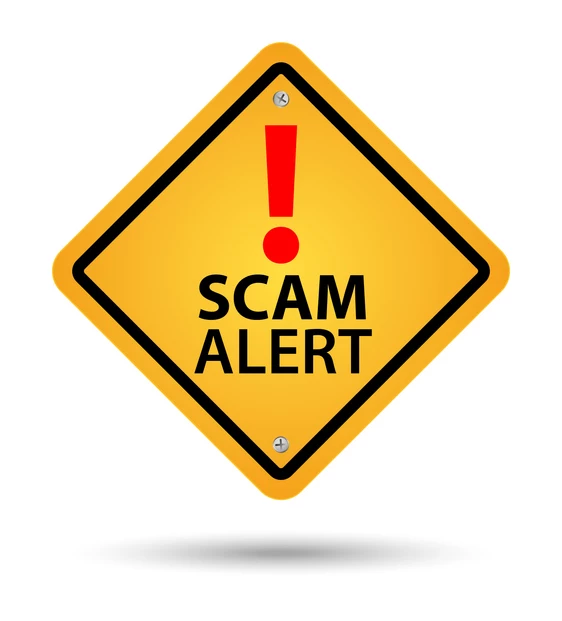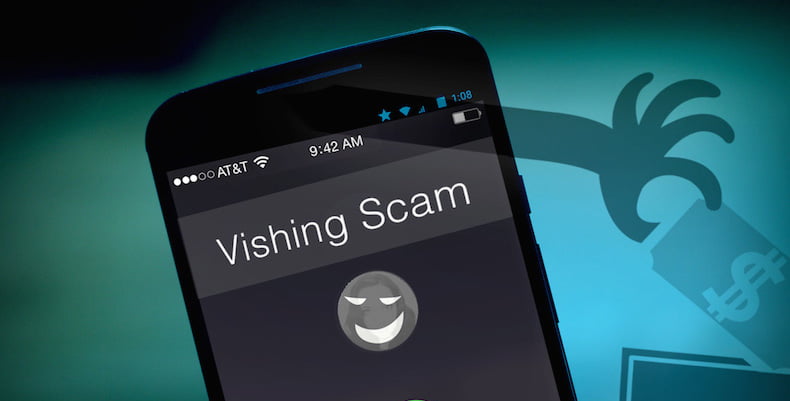Table of Content
They could be friendly and offer helpful services such as getting a new social security card, adding a family member, or getting a record of social security contributions. Other threats that scammers may claim include the possibility of arrest, a loss of benefits, or other legal actions. They will state that you must make a payment over the phone using a Visa gift card, a wire transfer, or by mailing cash. These are not forms of payment that the SSA will ever ask for on behalf of your account. Those who practice home security scams use high-pressure sales techniques to get you to let them install a system or sign an agreement without first learning the facts. They may also try to scare you into making a decision by citing a supposed increase of burglaries in your neighborhood.

And I never leave my luggage out of sight at a stop, because this is their scam, grab, jump out of the train and disappear. Do not be embarrassed to report if you shared personal information or suffered a financial loss. Scammers pretend they are from Social Security or another government agency. Caller ID, texts, or documents sent by email may look official, but they are not. At Probate Advance, we can give you a cash advance right now on a portion of your inheritance so you don’t have to wait anymore. Even sending a reply tells the scammer that they have a valid email address and someone who read their email.
Never Provide Personal Information
The Commission also has a new blog with business education information. General information on the DNC Registry is also available on the website. The lead generators claimed that those consumers had given VMS permission to contact them about the installation of a free home security system, but in reality, they had not. In its complaint, the FTC alleges that the defendants’ tactics violated the Commission’s Telemarketing Sales Rule. They claim your security company has gone out of business.They say they’ve taken over the accounts, and that you have to buy new equipment and sign new contracts.

If you still aren’t sure, Gabe Turner, the director of content at Security Baron, has a few suggestions. “The website should accept normal payment methods, like credit and debit cards,” he says. Another way to get quick info on the legitimacy of a company is Yelp. Here are another 10 online scams you need to be aware of—and how to avoid them. Ana Bera, the cofounder of Safe at Last, says that a representative who comes to your home without an appointment can be a sign of fraud. This fact is what frauds count on when they appear at people’s houses as representatives of certain security providers,” she explains.
Errors in Scam Letters
Some scammers may call with threats of jail or lawsuits if you don’t pay them. Over the country, seniors have been the targets with phone calls claiming they have a chance to receive a free medical alert system or other bluff benefits. Vulnerable as they are, the scammers mostly succeed at convincing them to give up their personal information to be able to commit identity theft or bank fraud successfully. Read on this article to know how to stop calls from medical alert system scams.

If you have any question as to whether they’re legitimate, you should end the call and reach out to them yourself. Get reliable foreclosure help and counseling through the government's Making Home Affordable program. Or find a government certified housing counselor near you.Read more about foreclosure scams and find phone numbers to call for help. If the scam involves bankruptcy, contact a local U.S Trustee office.
FTC Reaches Settlement With Home Security Company that Called Millions of Consumers on the National Do Not Call Registry
Even with the advancement of technology today, it’s still hard to pinpoint where fake calls really originate from. But as far as experts know, scam calls or fraudulent calls come from different countries from their intended victims. According to the complaint, VMS subsequently called these consumers without first checking to see if they had registered their telephone numbers on the DNC Registry. Salespeople might knock on doors in your neighborhood, pitching home security systems.

After all, if it's really your neighbor, they'll leave a message. People tend to believe that they will really get whatever it is that someone guarantees. So, when they receive a call with a message about a guaranteed return on investment, they are likely to believe it and invest the money requested. The trick here is that scammers often use official-looking seals and logos to make the documents they present to their targets look real and believable. Robocalls asking for your personal information are, in many cases, illegal, so you shouldn't reveal anything to avoid the risk of identity theft. Keep in mind that the moment they patch you through to a real person, they will charge you $25 per minute to listen to their offer.
So when sellers come knocking on your door or use high-pressure sales tactics, it’s time to put your guard up. Learn the questions to ask, signs of a scam, and where to report fraud. Prize scammers try to get your money or personal information through fake lotteries, sweepstakes, or other contests.

The government does not charge for information or applications for federal grants. If a salesperson comes to your door and claims that your current provider has gone out of business or that they’ve “taken over the accounts,” don’t trust them. These scammers may ask you to buy new equipment and sign additional contracts, which means you’ll end up footing the bill for two systems. However, now criminals are trying to get your money and personal information by impersonating Homeland Security agents, particularly in the Philadelphia and Miami areas. DHS officials say the calls are part of a Homeland Security phone scam and are intended to frighten people.
Your state securities regulator and the Financial Industry Regulatory Authority offer information. Be wary of callers claiming that you’ve won a prize or vacation package. Rumors, myths, and conspiracy theories about the coronavirus can be frightening and misleading. Go to FEMA's Rumor Control page to check out the real answers about the rumors you're hearing. A .gov website belongs to an official government organization in the United States. As we strive to provide site experiences for browsers that support new web standards and security practices.
Scam calls refer to the fraudulent nature of calls that individuals or corporations make to trick people into giving away their money or sensitive information. Scam calls have been a topic since they became widespread within the trend of telemarketing activities. It’s unidentifiable when the first fraudulent call happened but it’s still prevalent to this day. Use our visualizations to explore scam and fraud trends in your state based on reports from consumers like you. Talk with friends, family, neighbors, co-workers, and current customers about home security systems.
Many claim that you’ve won a prize but must pay a fee to collect it. Others require you to provide personal information to enter a “contest.” These scams may reach you by postal mail, email, phone call, robocall, or text message. During the COVID-19 pandemic, scammers may try to take advantage of you. They might get in touch by phone, email, postal mail, text, or social media. Don't share personal information like your bank account number, Social Security number, or date of birth.
Free virtual credit card is not attached to your personal credit card, and it does not provide access to any money. It will appear as a real card to the scammer, but it only serves to acquire details on the caller. At least once a day.If you’re wondering how to block social security scam calls, there are a handful of actions you can take to limit these annoying points of contact.

No comments:
Post a Comment